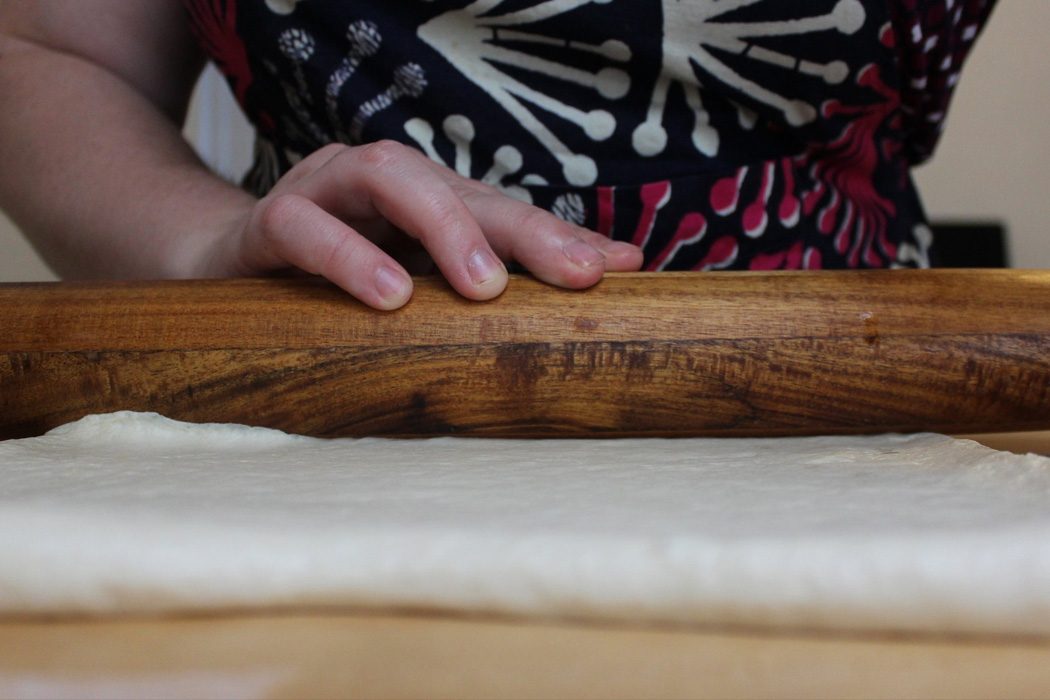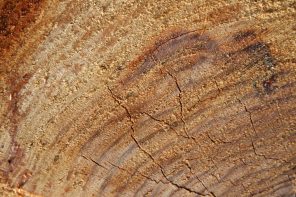Bread—real bread, slow bread, the kind made with flour and water and the wild yeasts captured from surrounding air—carries the taste of a place. It’s what winemakers call terroir.
The yeast and bacteria cultures flavor a loaf with the taste of a location, specific to the climate, the soil, the microbial makeup of the air. The humidity,the faint saltiness of the sea, the cool breeze. My starter—her name is Aerie—gives my bread the distinct flavor of Somerville, Massachusetts.
I’m not really one for patience, and I’m really not good at releasing control. I’m restless, anxious, afraid of being anywhere too long. Afraid to settle into routine, afraid that by not doing everything I’ll limit myself from something. So afraid that I’m paralyzed, so I do nothing. I want to go, most of the time, to anywhere but here, now. The restlessness, I convince myself, will go away if only I move somewhere new.
My hands long for the dusty embrace of flour, warm water, Aerie—bubbling with life, long before I feel it in my belly. The need to mix, to knead, to shape, is a hunger my anxious hands recognize even before the need to eat.
When baking at home, I prefer not to measure. I’m not so good at listening to myself, but I can hear and feel and smell the needs of this bread. It’s cold and gloomy today—I should warm up the water a bit, but mostly I’ll mentally to prepare for a longer wait. A touch of rye left to ferment for awhile, then a scoop of all-purpose wheat. Some salt, and a smidge more water. And lots more time to wait.
No extra kneading or stirring will push the yeasts of this place to do their work any faster. The dough just wants to be still. To be. Leavening, bringing life back to the dough, is a long, slow process. I can’t see the microscopic feast happening just below the surface. Enzymes untangling starches and proteins, tenderizing the grains, unlocking their natural sweetness. But deep nuanced flavors will be patience’s great reward.
I know, because I’ve been here before; it’s worth the wait.
Day after day, I form bread. Shaping loaf upon loaf, stoking the fire, baking, bagging, selling—sending to the tables of family, customers, friends. I’ve heard that liturgies form you. Carrying on a habit, day after day, trains not only the body but also the mind. I hope this small loaf—the one I bake at home, not work—shapes me. Transforming my hunger, my hands, the laborious practice of being still. Allowing this place to flavor me, to make me tender, to unlock the sweetness trapped inside.
It’s worth the wait—the stillness, the patience—I know because I’ve been here before. My belly doesn’t know it yet, that complex, nuanced beauty which will be the reward. So I’ll turn back to my wheat and my rye and to Aerie—bubbling with life.
And I’ll knead and mix and shape and pray that this bread, this patience, forms me.




